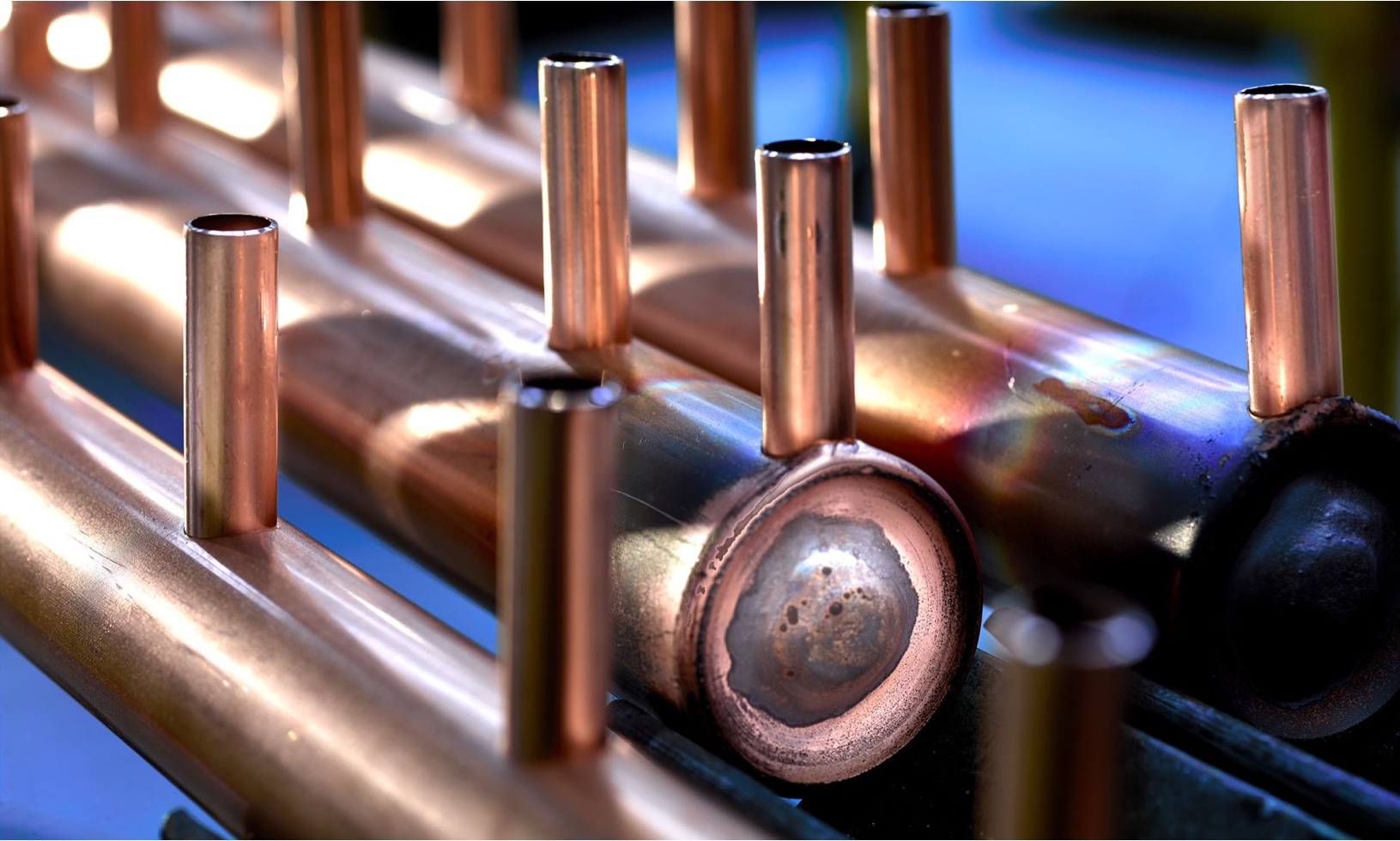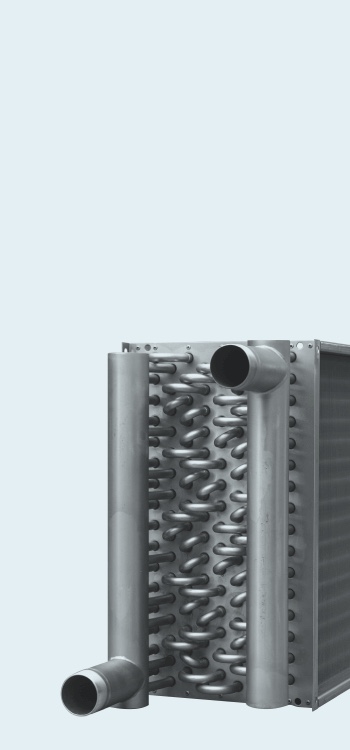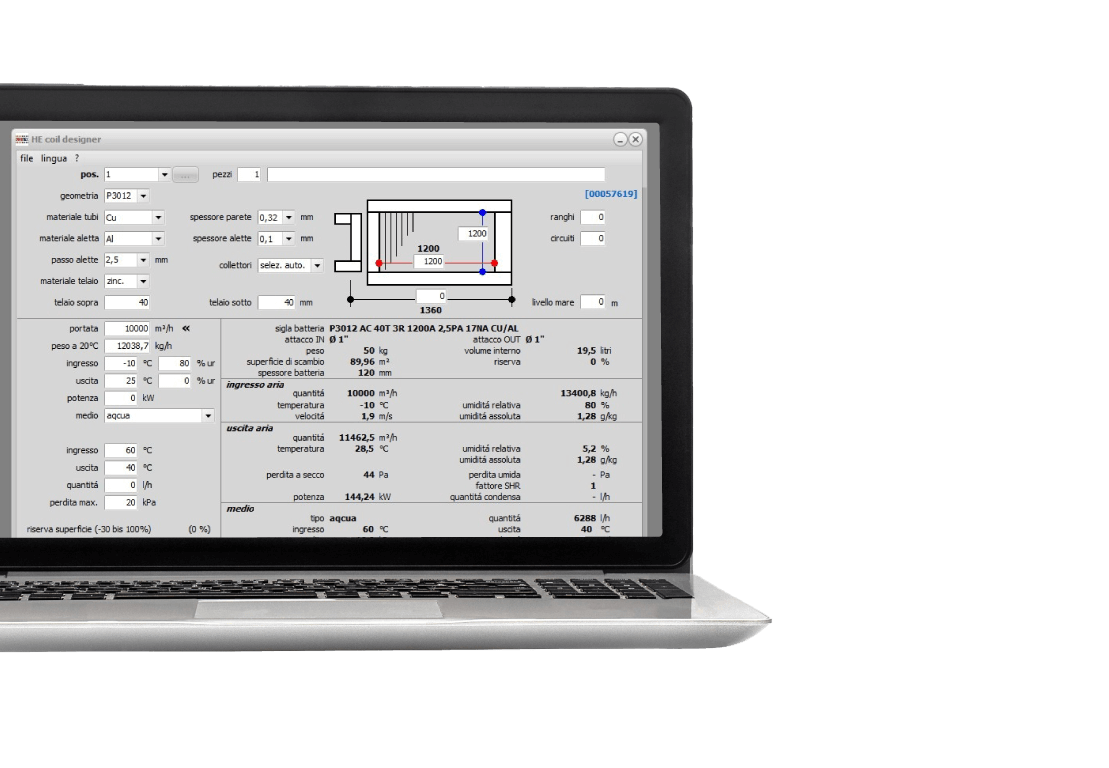
Eurotec
Heat exchangers made to measure for you
Finned heat exchangers for heating, cooling, condensation, evaporation, steam production and heat recovery.
Heat exchangersVia Fiume Po, 192, 24040 Stezzano (BG)
Tel: +39 035 4541161
Email: info@eurotecsrl.it
P.E.C.: eurotecsrl@arubapec.it
Eurotec
The main market sectors are air conditioning, air treatment and refrigeration. EUROTEC has two factories, one in Merlino specialising in 3012 and 3512 geometries, and one at Stezzano handling all other production. All manufacturing is performed in-house, including construction of the frame, blanking and moulding of the fins in a choice of materials depending on the requirements for straightening, cutting, bending, rolling and welding of the pipes and manifolds, product testing to PED specifications and packaging of the final product.
Learn more
A wide range of product
types and sizes
EUROTEC designs and manufactures tailor-made finned core heat exchangers with geometries P2510 - P3012 - P3016 - P3512 - P4016 - P6016, depending on client needs and type of application.
Application sectorsWhy Eurotec?
High-tech manufacturing machineries
Maximum availability and flexibility
Quality check on all the production line
Commercial reliability
6 available geometries
Wide range of production materials
Thorough after-sales service
Excellent quality/price ratio

Software Eurotec
THE COIL DESIGNER is a complete calculation software package for the entire EUROTEC range:
- EVAPORATIVE HEAT EXCHANGERS FOR ALL TYPES OF FREON
- CONDENSING HEAT EXCHANGERS FOR ALL TYPES OF FREON
- HOT/COLD WATER AND GLYCOL HEAT EXCHANGERS
It is a tool for calculating the thermodynamic performance of any customised heat exchanger design under given working conditions.
It can be downloaded from the link below; once installed it generates a code that must be communicated to our sales office to permit activation.
https://app.eurotecsrl.it/download/SetupHE.zip
With THE COIL DESIGNER you can:
- MAKE ACCURATE CALCULATIONS
- SAVE EVERY SELECTION
- REVISE EVERY SAVED SELECTION
- RECEIVE CONTINUOUS UPDATE.
A version in DLL format, which can be used with client software using the procedure described above, can be downloaded at the following link.
Learn more